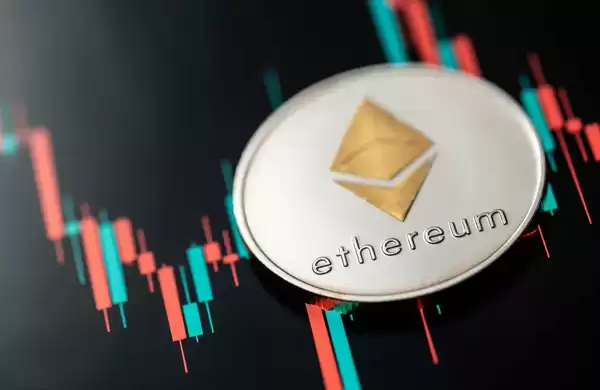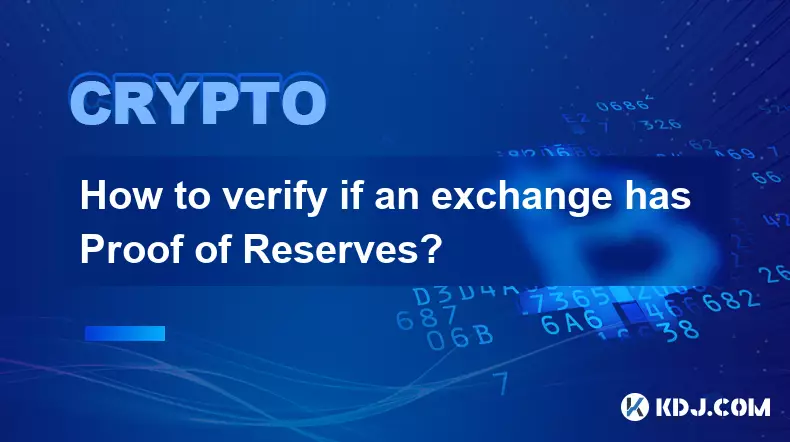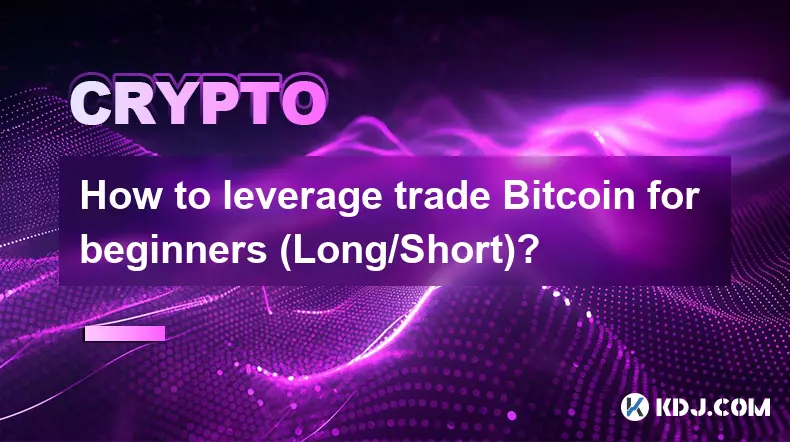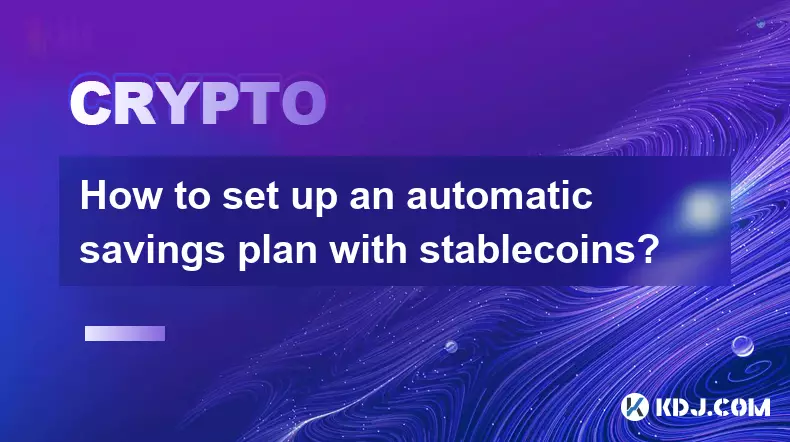-
 bitcoin
bitcoin $87959.907984 USD
1.34% -
 ethereum
ethereum $2920.497338 USD
3.04% -
 tether
tether $0.999775 USD
0.00% -
 xrp
xrp $2.237324 USD
8.12% -
 bnb
bnb $860.243768 USD
0.90% -
 solana
solana $138.089498 USD
5.43% -
 usd-coin
usd-coin $0.999807 USD
0.01% -
 tron
tron $0.272801 USD
-1.53% -
 dogecoin
dogecoin $0.150904 USD
2.96% -
 cardano
cardano $0.421635 USD
1.97% -
 hyperliquid
hyperliquid $32.152445 USD
2.23% -
 bitcoin-cash
bitcoin-cash $533.301069 USD
-1.94% -
 chainlink
chainlink $12.953417 USD
2.68% -
 unus-sed-leo
unus-sed-leo $9.535951 USD
0.73% -
 zcash
zcash $521.483386 USD
-2.87%
which is better ethereum or bitcoin
Bitcoin and Ethereum represent contrasting approaches within the cryptocurrency landscape, with Bitcoin focusing on digital currency functionality while Ethereum embraces broader blockchain applications.
Oct 16, 2024 at 10:17 pm

The realm of cryptocurrency has witnessed an influx of digital currencies, each vying for market dominance. Among the most prominent are Bitcoin and Ethereum, two giants that have shaped the landscape of blockchain technology. In this article, we will delve into the key differences between these two cryptocurrencies and determine which one holds the upper hand.
1. Purpose and FunctionalityBitcoin: Bitcoin, introduced in 2009, is primarily a digital currency designed for peer-to-peer transactions without the need for intermediaries. Its primary purpose is to serve as a decentralized monetary system, enabling users to conduct financial transactions securely and anonymously.
Ethereum: Ethereum, launched in 2015, is an advanced blockchain platform that extends beyond a simple currency. It supports the development of decentralized applications (dApps), smart contracts, and non-fungible tokens (NFTs), facilitating a wide range of use cases in industries such as finance, supply chain management, and entertainment.
2. Technology and NetworkBitcoin: Bitcoin operates on a proof-of-work consensus mechanism, which requires miners to solve complex mathematical puzzles to validate transactions. This process is energy-intensive and can lead to network congestion, especially during periods of high transaction volume.
Ethereum: Ethereum utilizes a more flexible proof-of-stake algorithm, which relies on validators who hold significant amounts of ETH (Ethereum's native currency) to approve transactions. Proof-of-stake is less energy-intensive and can handle higher transaction throughput than proof-of-work.
3. Supply and ScarcityBitcoin: Bitcoin has a fixed supply capped at 21 million coins, designed to control inflation and create scarcity. As of December 2023, around 19.2 million bitcoins have been mined.
Ethereum: Ethereum's supply is not capped, but it has implemented various measures, such as burning ETH during transactions, to control inflation and increase scarcity.
4. Transaction Fees and SpeedBitcoin: Bitcoin transaction fees fluctuate based on network congestion. During peak hours, fees can rise significantly, making it costly to send transactions. Bitcoin also has a relatively slow transaction speed, with typical confirmation times taking up to several hours.
Ethereum: Ethereum transaction fees also vary depending on network usage, but they can be lower than Bitcoin's. Ethereum's proof-of-stake mechanism enables faster transaction confirmation times, often taking only a few minutes.
5. Market Capitalization and ValueBitcoin: Bitcoin has consistently ranked as the number one cryptocurrency in terms of market capitalization. As of December 2023, its market cap stands at approximately $330 billion.
Ethereum: Ethereum has held the second spot in market capitalization for most of its existence, with a market cap of around $150 billion as of December 2023.
ConclusionThe choice between Bitcoin and Ethereum depends on individual needs and investment goals. Bitcoin remains the undisputed king of digital currencies, offering a secure and decentralized store of value. However, Ethereum's advanced functionality and faster transaction speed make it the preferred platform for dApps, smart contracts, and other innovative applications. Ultimately, determining which cryptocurrency is superior depends on whether your priority lies in a stable digital currency or a versatile blockchain platform for broader use cases.
Disclaimer:info@kdj.com
The information provided is not trading advice. kdj.com does not assume any responsibility for any investments made based on the information provided in this article. Cryptocurrencies are highly volatile and it is highly recommended that you invest with caution after thorough research!
If you believe that the content used on this website infringes your copyright, please contact us immediately (info@kdj.com) and we will delete it promptly.
- Crypto Crossroads: Bitcoin Price Reacts to Fed Jitters Amidst Shifting Sands
- 2026-02-02 05:05:02
- Justin Sun, Tron, Manipulation Allegations: New Bitcoin Strategy Meets Lingering Controversy
- 2026-02-02 05:05:02
- Bitcoin Eyes $77K as Michael Saylor Reaffirms Unwavering Conviction Amidst Market Swings
- 2026-02-02 05:00:02
- Altcoin Season on the Horizon? ETH, XRP, SOL, ADA Face Potential 184x Gains Amidst Shifting Crypto Landscape
- 2026-02-02 05:00:02
- Bitcoin ETF News: Latest Updates Drive Investment and Market Dynamics
- 2026-02-02 04:50:02
- Rare Royal Mint Coin Error Fetches Over £100: The 'Fried Egg' £1 Coin Phenomenon
- 2026-02-02 04:45:01
Related knowledge

How to ensure your crypto purchase is safe from hackers?
Jan 28,2026 at 11:19pm
Secure Wallet Selection1. Choose hardware wallets for long-term holdings—devices like Ledger and Trezor isolate private keys from internet-connected s...

How to buy Avalanche (AVAX) with fiat currency?
Jan 29,2026 at 12:40pm
Choosing a Reliable Exchange Platform1. Identify exchanges licensed in your jurisdiction that support AVAX trading pairs with major fiat currencies li...

How to verify if an exchange has Proof of Reserves?
Jan 30,2026 at 06:39am
Understanding Proof of Reserves1. Proof of Reserves (PoR) is a cryptographic audit mechanism that demonstrates an exchange holds sufficient on-chain a...

How to leverage trade Bitcoin for beginners (Long/Short)?
Jan 29,2026 at 03:19pm
Understanding Bitcoin Price Movements1. Bitcoin’s price is heavily influenced by macroeconomic indicators such as interest rate decisions, inflation d...

How to set up an automatic savings plan with stablecoins?
Jan 29,2026 at 06:39am
Understanding Stablecoin Savings Mechanics1. Stablecoins are digital assets pegged to fiat currencies like the US dollar, designed to minimize volatil...

How to buy crypto using Revolut or Wise?
Jan 28,2026 at 11:00pm
Setting Up Your Revolut Account for Crypto Purchases1. Download the Revolut app and complete identity verification using government-issued ID and a se...

How to ensure your crypto purchase is safe from hackers?
Jan 28,2026 at 11:19pm
Secure Wallet Selection1. Choose hardware wallets for long-term holdings—devices like Ledger and Trezor isolate private keys from internet-connected s...

How to buy Avalanche (AVAX) with fiat currency?
Jan 29,2026 at 12:40pm
Choosing a Reliable Exchange Platform1. Identify exchanges licensed in your jurisdiction that support AVAX trading pairs with major fiat currencies li...

How to verify if an exchange has Proof of Reserves?
Jan 30,2026 at 06:39am
Understanding Proof of Reserves1. Proof of Reserves (PoR) is a cryptographic audit mechanism that demonstrates an exchange holds sufficient on-chain a...

How to leverage trade Bitcoin for beginners (Long/Short)?
Jan 29,2026 at 03:19pm
Understanding Bitcoin Price Movements1. Bitcoin’s price is heavily influenced by macroeconomic indicators such as interest rate decisions, inflation d...

How to set up an automatic savings plan with stablecoins?
Jan 29,2026 at 06:39am
Understanding Stablecoin Savings Mechanics1. Stablecoins are digital assets pegged to fiat currencies like the US dollar, designed to minimize volatil...

How to buy crypto using Revolut or Wise?
Jan 28,2026 at 11:00pm
Setting Up Your Revolut Account for Crypto Purchases1. Download the Revolut app and complete identity verification using government-issued ID and a se...
See all articles










































































